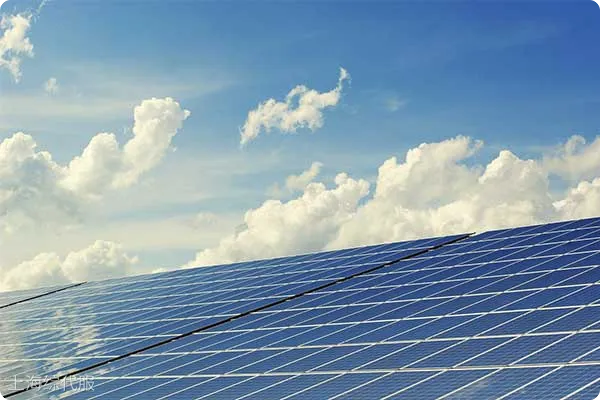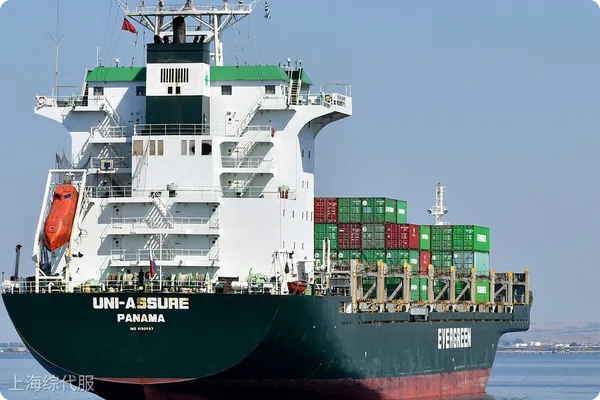Chinas photovoltaic industry after years of development, under the scale effect and technological progress, the cost is gradually reduced, and the quality of the product is constantly improving.Photovoltaic equipmentWith close performance, it is possible to offer more cost-effective solutions to German customers.

In addition, due to the Russian-Ukrainian conflict, Germany faces an energy crisis and high inflation, and in order to ensure the stability of energy supply, Germanys demand for new energy and related equipment continues to increase.
Pre-export preparations in Germany
Understanding local regulations, standards and certifications
Companies need to fully understand relevant EU and German legislation and certification information, such as CE certification, TUV certification, etc.
CE certification: The mandatory certification mark on the EU market, which indicates that the product complies with the relevant directives issued by the European Union (EU).
German TüV certification: covers rigorous testing of product safety, including the prevention of various hazards such as electrical shock, fire.
Preparation of documents
Preparation of export documents, including export contracts, packaging sheets, shipment notices, commercial invoices, packaging sheets, certificates of origin and other relevant information, these data must be accurate and unmistakable to ensure smooth customs.

b) Transportation of logistics
Different logistics methods each have advantages and disadvantages, enterprises need to comprehensively consider the characteristics of goods, costs and time requirements, and make the best choice.
1 The air transport
The speed is fast, but the cost is relatively high, suitable for goods that require urgent delivery time.
2 The Maritime
It has the advantage of low cost and large transport volumes, especially for large photovoltaic equipment transportation is more affordable.
3 - Land transportation
Relatively flexible, it allows for door-to-door transport services.
c) Customs process
1 Preparation of information
Enterprises prepare commercial invoices, packaging documents, export contracts, certificates of origin, quality inspection certificates, export licenses and other materials, and fill out the customs declaration in accordance with customs requirements.
2 Declaration of Release
Companies submit declaration information to customs according to data and customs declaration forms, and enter and transmit electronic data. Companies can make their own declaration through the Chinese electronic port system, and can also entrust professional customs declaration agencies or freight agencies to report customs.
Customs Audit
After receiving the customs declaration, the customs declaration and the accompanying information will be audited, the main audit content includes the authenticity, legality, accuracy of the goods, and whether the filling of the customs declaration is standardized and complete.
Payment of Customs
Companies must pay the corresponding tariffs in accordance with the customs notice within the prescribed time.
5 Inspection and Release
In the course of the audit, customs may inspect the goods according to the risk assessment. The inspection method includes artificial inspection and equipment inspection, mainly checking whether the quantity, specification, model, quality, etc. of the goods conforms to the customs declaration and the accompanying information, and whether there are prohibited goods or other irregularities. After customs inspection and payment of customs duties, the customs will release the goods.

d) Cleaning process
Preparation of Importers Documents
After the goods arrive at the port of destination in Germany, the shipping company or railway carrier will notify the German importer or its agent, informing them of the arrival information of the goods.
2 Submission of clearance declaration
The importer or his agent must submit a clearance declaration to the German Customs within the prescribed time, which can be made via the electronic data exchange system or the paper form.
Customs Audit and Inspection
The German Customs will review the declaration information and documents and decide whether the goods will be inspected on the basis of the risk assessment. The content of the inspection includes the quantity, quality, specification, origin, etc. of the goods, as well as compliance with the declaration, as well as compliance with German laws and safety standards.
Payment of import duties and value added tax
If photovoltaic equipment needs to pay import duties and value added tax, the importer must pay the corresponding tax fee in accordance with the customs notice within the prescribed time.
5) Delivery and delivery of goods
After the customs inspection and payment of taxes, the customs will release the goods, the importer or his agent may with the customs release notice to remove the goods, and arrange for the subsequent transport and delivery.


 Follow customer service WeChat
Follow customer service WeChat